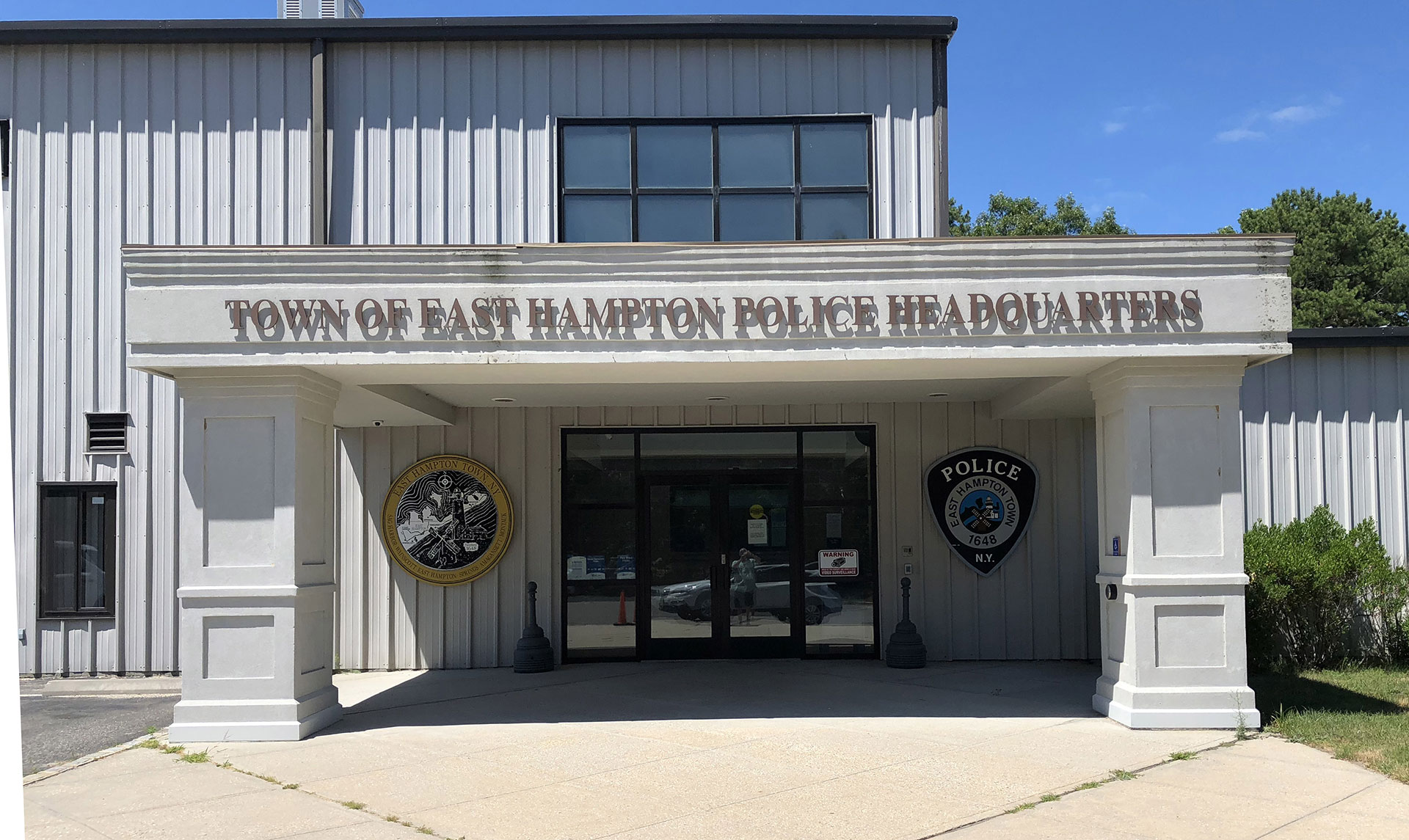No Bail Needed For Non-Violent Crimes

Two East End attorneys well versed in criminal procedure law commented April 1 on the decision made by New York State legislature, along with Governor Andrew Cuomo, to eliminate bail requirements for most defendants, as well as other changes.
The changes to the state’s judicial system are being passed through the budgetary process.
Currently, those arrested on misdemeanor or felony charges are usually held overnight and arraigned the following morning, when a bail determination is made by the judge. The need for bail for most crimes will be eliminated, with the exception being those felony crimes classified as violent, such as rape in the first degree, or assault with intent to kill.
“It is a greatly needed change,” Brian DeSesa of the Adam Miller Group said on Monday. DeSesa handles arraignments in East Hampton Town and Sag Harbor Village every other weekend, part of a state program designed to ensure adequate representation at all points in the judicial process.
“Poor people should not be sitting in jail because they have no money,” DeSesa added. He called the current process “burdensome on taxpayers” and said the new law would “reduce the need for arraignments.”
Most defendants, going forward, will be eligible to be released by the police with an appearance ticket, to be arraigned at a future date.
One type of arrest, DeSesa cautioned, may still require police to hold defendants until they can be arraigned the next day. That is of those charged with drunken driving.
Currently, as part of the arraignment process, those accused of drunken driving have their driving privilege in New York State suspended. This suspension can only happen through a judge. If the police start releasing drunken driving suspects, the defendants will still have their license, and will still be able to drive, legally, at least until they are arraigned at a later date.
DeSesa believes the processing and arraigning of drunken driving defendants, even without the question of bail, will have to be addressed by various
municipalities and their police departments and justice courts.
The point of bail is to ensure the defendant’s return to court. Carl Irace of the Carl Irace & Associates law firm, commented on how that aspect of the new rules would play out on the East End. Irace also handles arraignments in East Hampton and Sag Harbor. Like DeSesa, Irace has worked previously as a prosecutor.
“In other places, where there are larger courthouses with more services and larger staff, there are pre-trial services that work to ensure that people are returning to court,” he said. “In smaller courts, like those throughout the East End, there are no agencies that offer anything like that. So, there are few alternatives to cash bail.”
t.e@indyeastend.com



